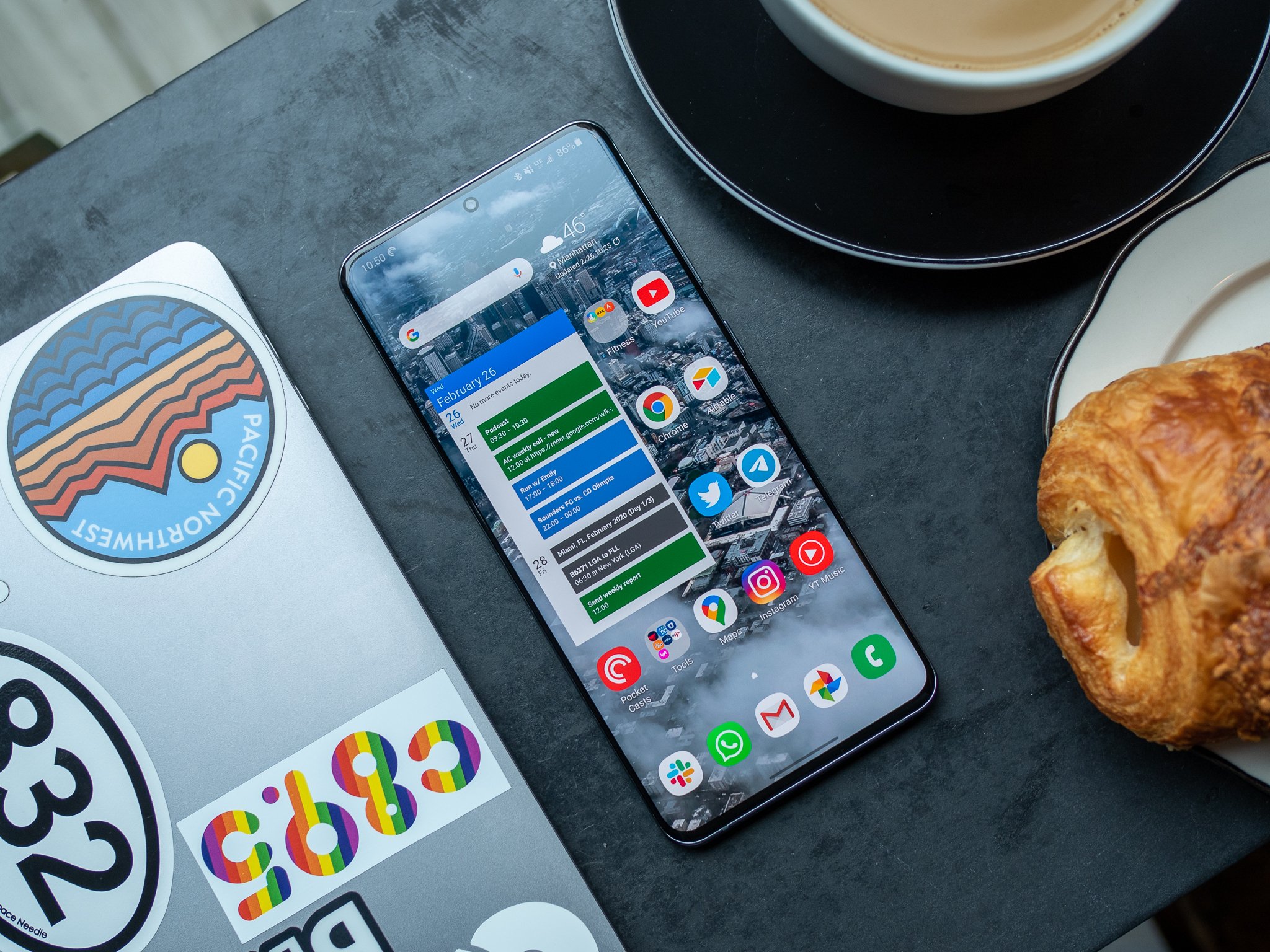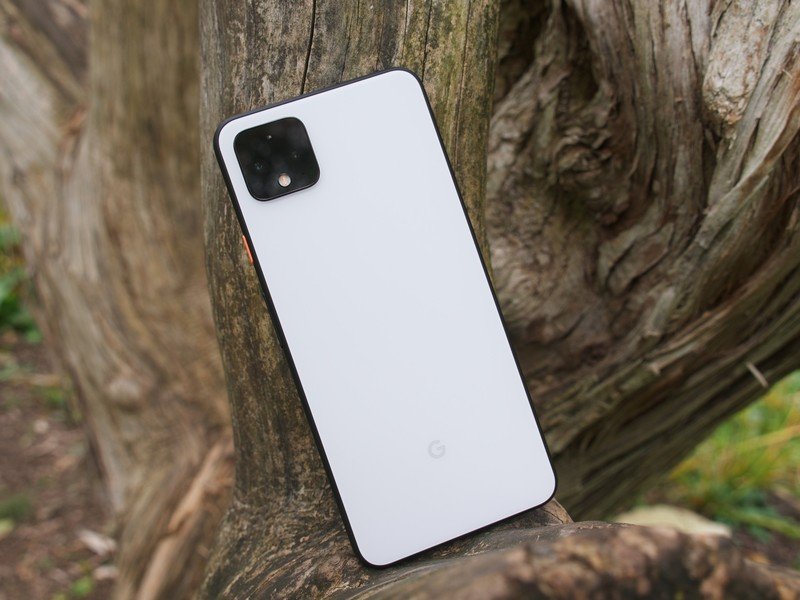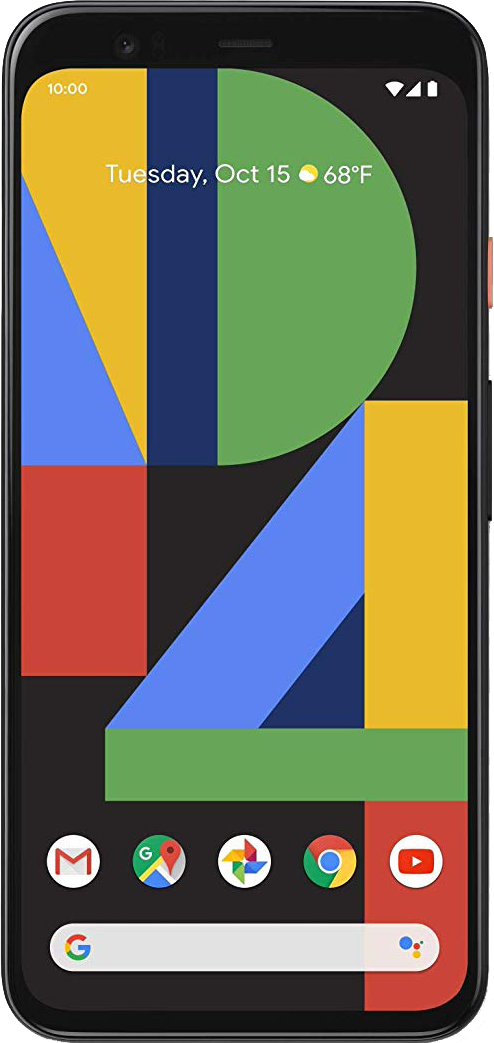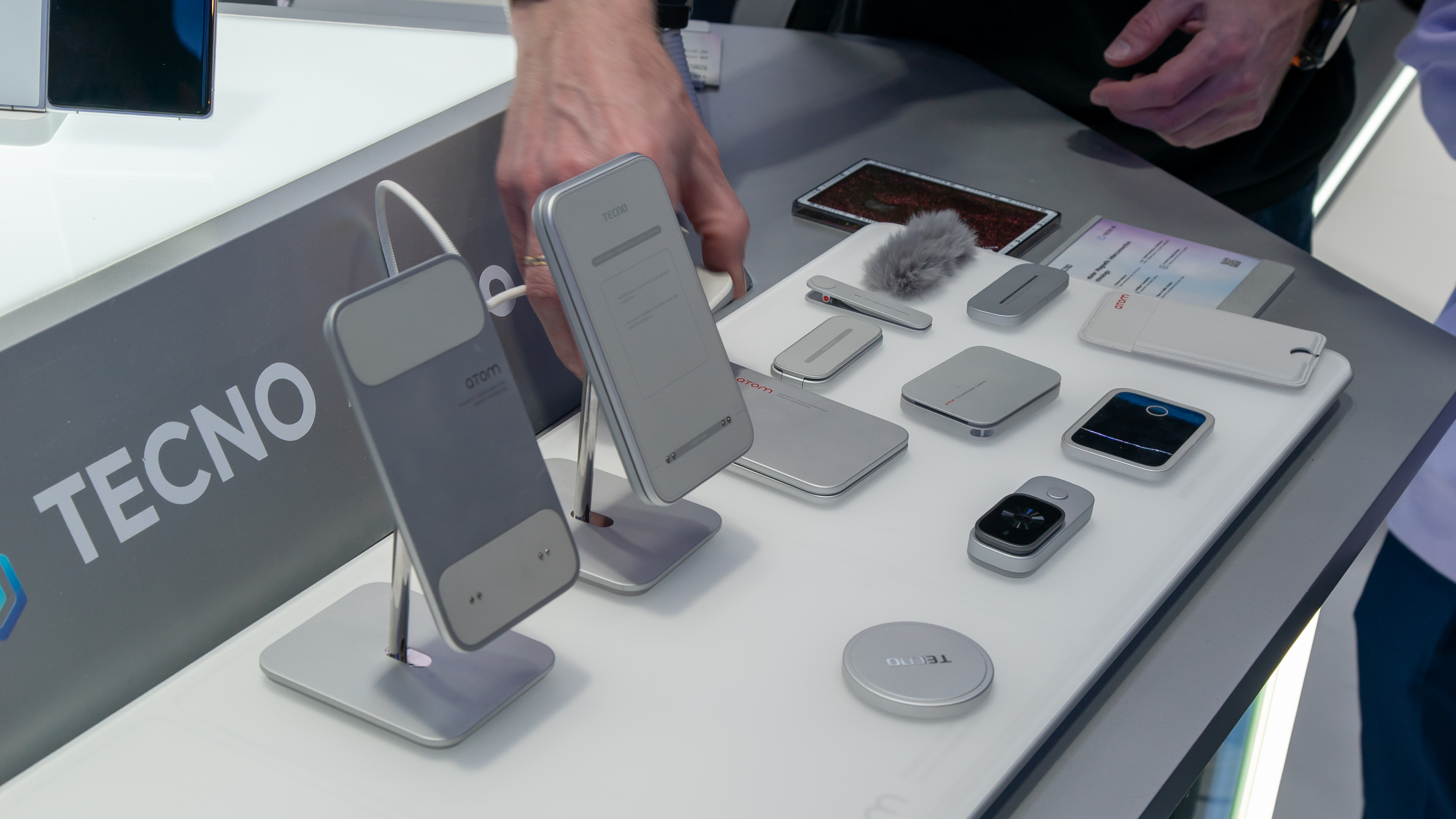Does the Galaxy S20 support eSIM?

Get the latest news from Android Central, your trusted companion in the world of Android
You are now subscribed
Your newsletter sign-up was successful
Best answer: It depends. In the U.S., even unlocked S20 models require a physical SIM card for now — though eSIM support could be added in a future software update. Variants designed for other regions may already feature eSIM support. Your best bet is to check with your carrier before buying.
- Our favorite S20 model: Samsung Galaxy S20+ ($1,200 at Samsung)
- eSIM right now: Google Pixel 4 ($800 at Best Buy)
Depends on where you buy it (for now)
Modern smartphone design is seemingly all about eliminating various hardware components, starting with removable batteries and continuing on to headphone jacks, fingerprint sensors, and now, even the physical SIM card. eSIMs are great — they allow you to sign into and "download" your phone plan, pulling in your phone number and data package without the need for that tiny plastic chip.
That's why it was exciting when Samsung announced that the Galaxy S20 series would feature an eSIM (short for "embedded SIM") alongside the hybrid SIM/microSD tray. In theory, you could even use the eSIM and a physical SIM card at the same time for dual network support! Unfortunately, though, not every Galaxy S20 variant actually supports this... yet.
Samsung's own Newsroom post states that "eSIM availability may vary depending on country and carrier." In fact, no model in the U.S. supports eSIM — not even the network-unlocked variants. Instead, you'll need to rely solely on the physical SIM card provided by your carrier.
But here's the thing: all S20 models technically have the ability to use eSIMs, it just hasn't been enabled on every model. In theory, Samsung could push a software update that allows users in the U.S. to enable the eSIM after all. In the meantime, though, some S20 variants around the world are already eSIM-capable, so you should check with your carrier before buying if eSIM support is a make-or-break feature for you.
What phones support eSIM right now?
Get the latest news from Android Central, your trusted companion in the world of Android

eSIM is still a fairly new technology, but that doesn't mean there aren't any compatible phones out there. In fact, both Google and Apple have touted eSIM support for years, starting in 2018 with the iPhone XS and 2017 with the Pixel 2, respectively. These phones, along with any variants and subsequent models (including the cheaper Pixel 3a) feature both eSIM and physical SIM slots.
Foldables have largely supported eSIM as well, including other devices from Samsung like the Galaxy Fold and Galaxy Z Flip. The Motorola RAZR, while exclusive to Verizon in the U.S., only features an eSIM; there's no tray for a traditional SIM card at all.

Hayato was a product reviewer and video editor for Android Central.


